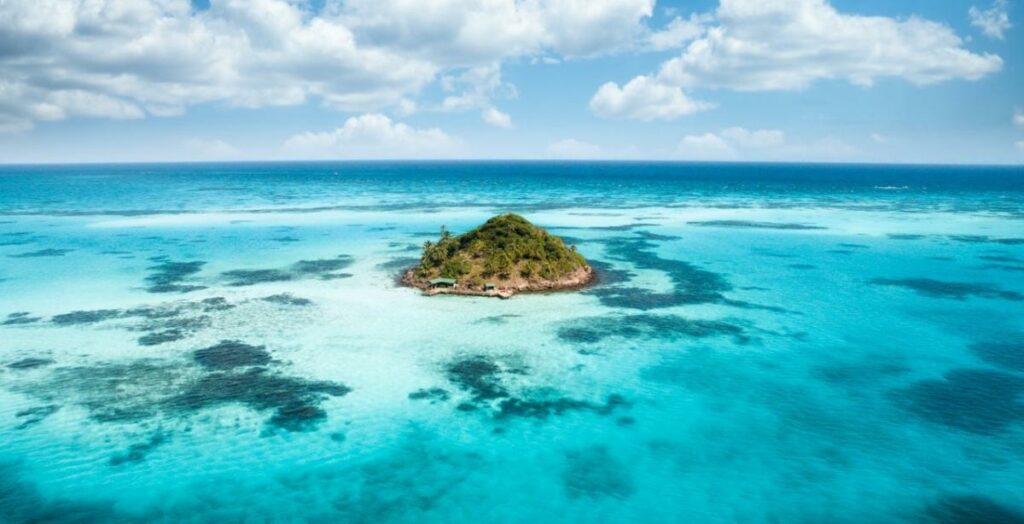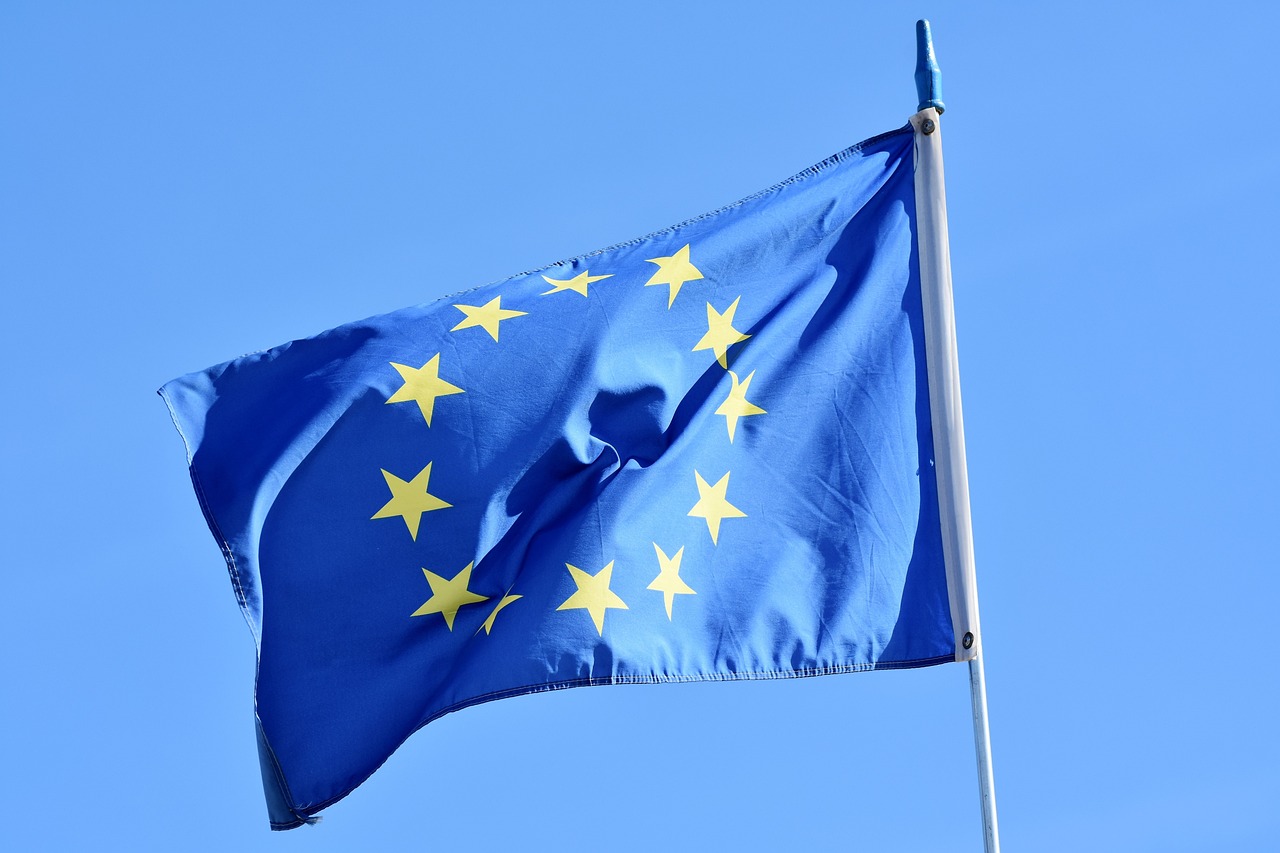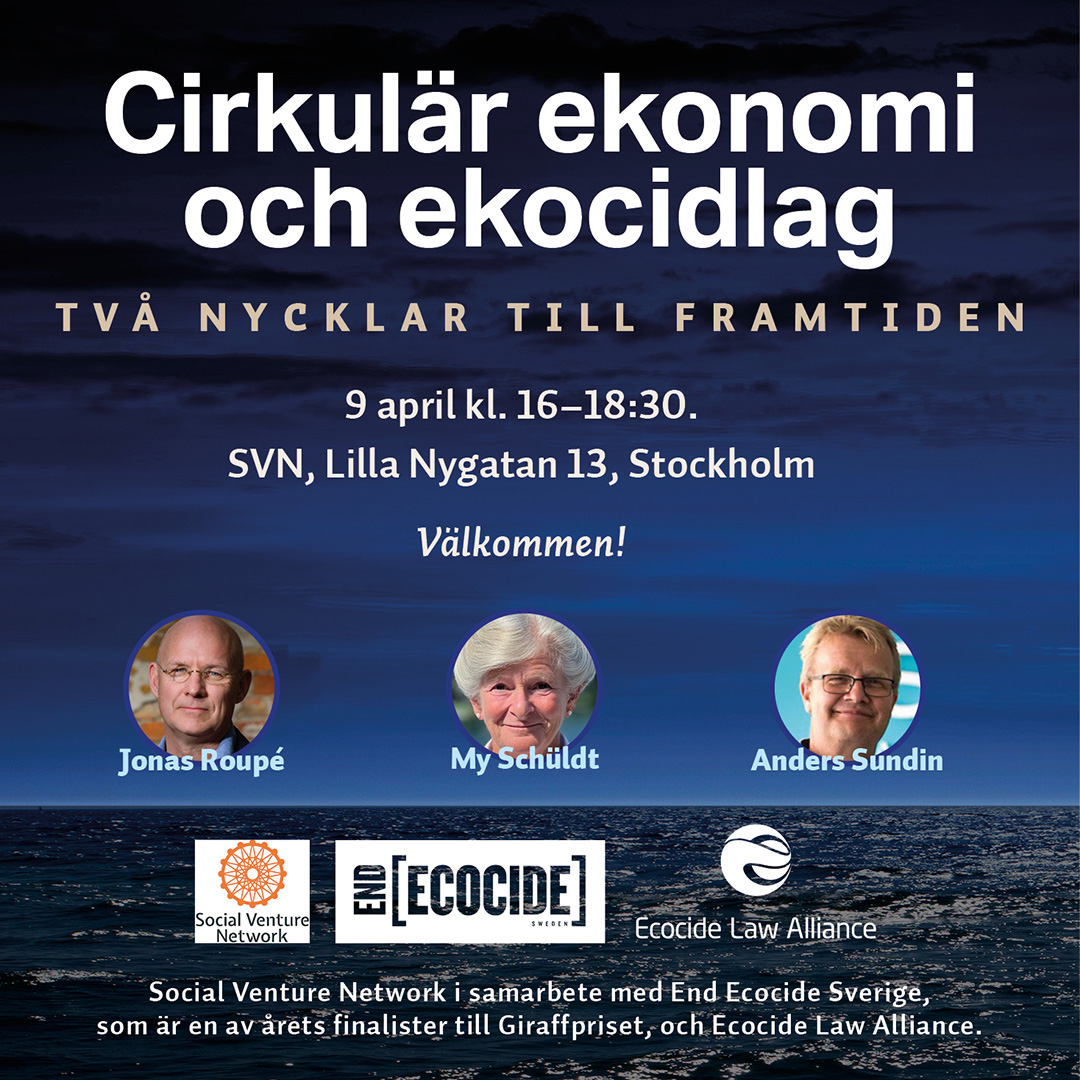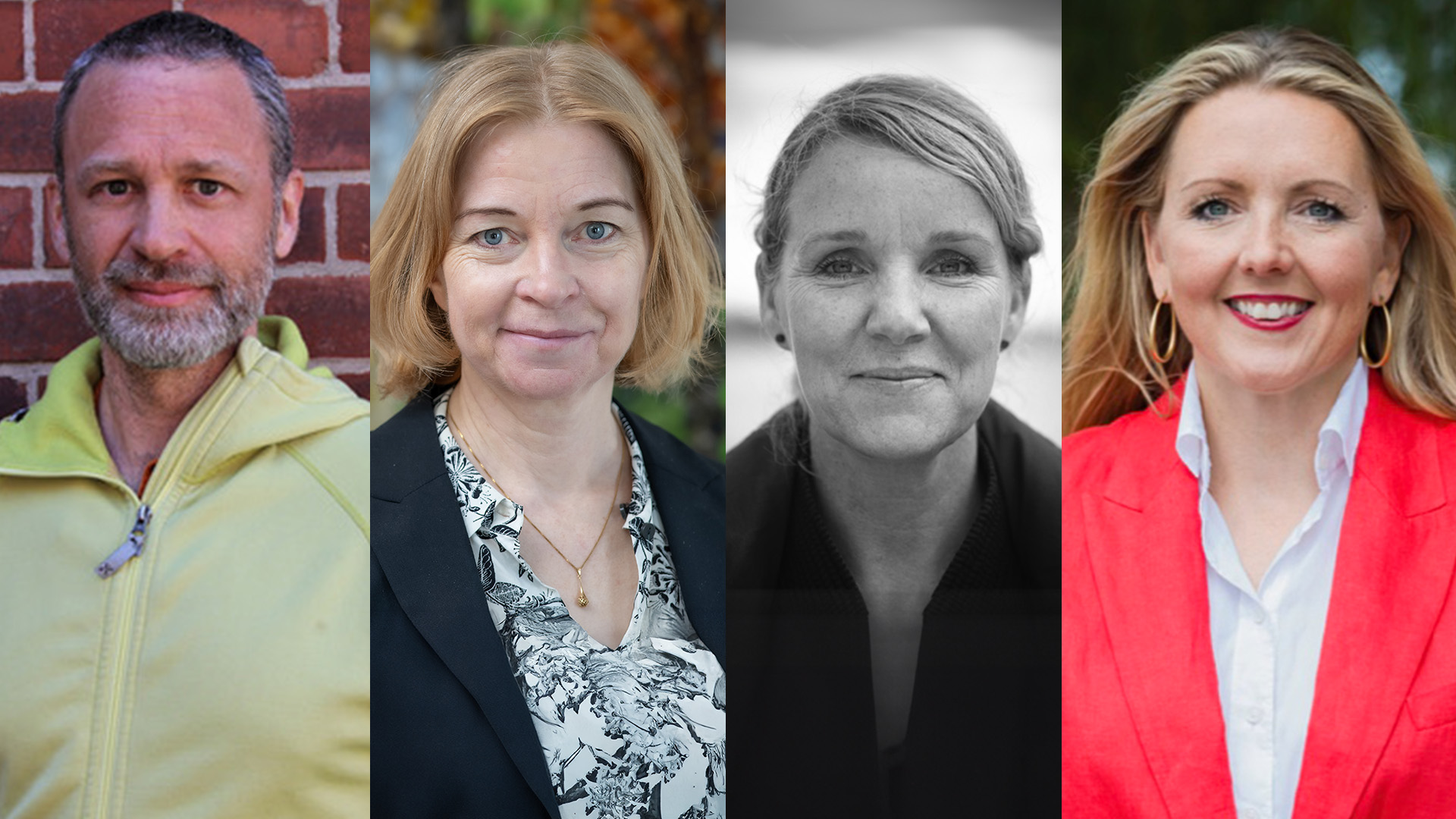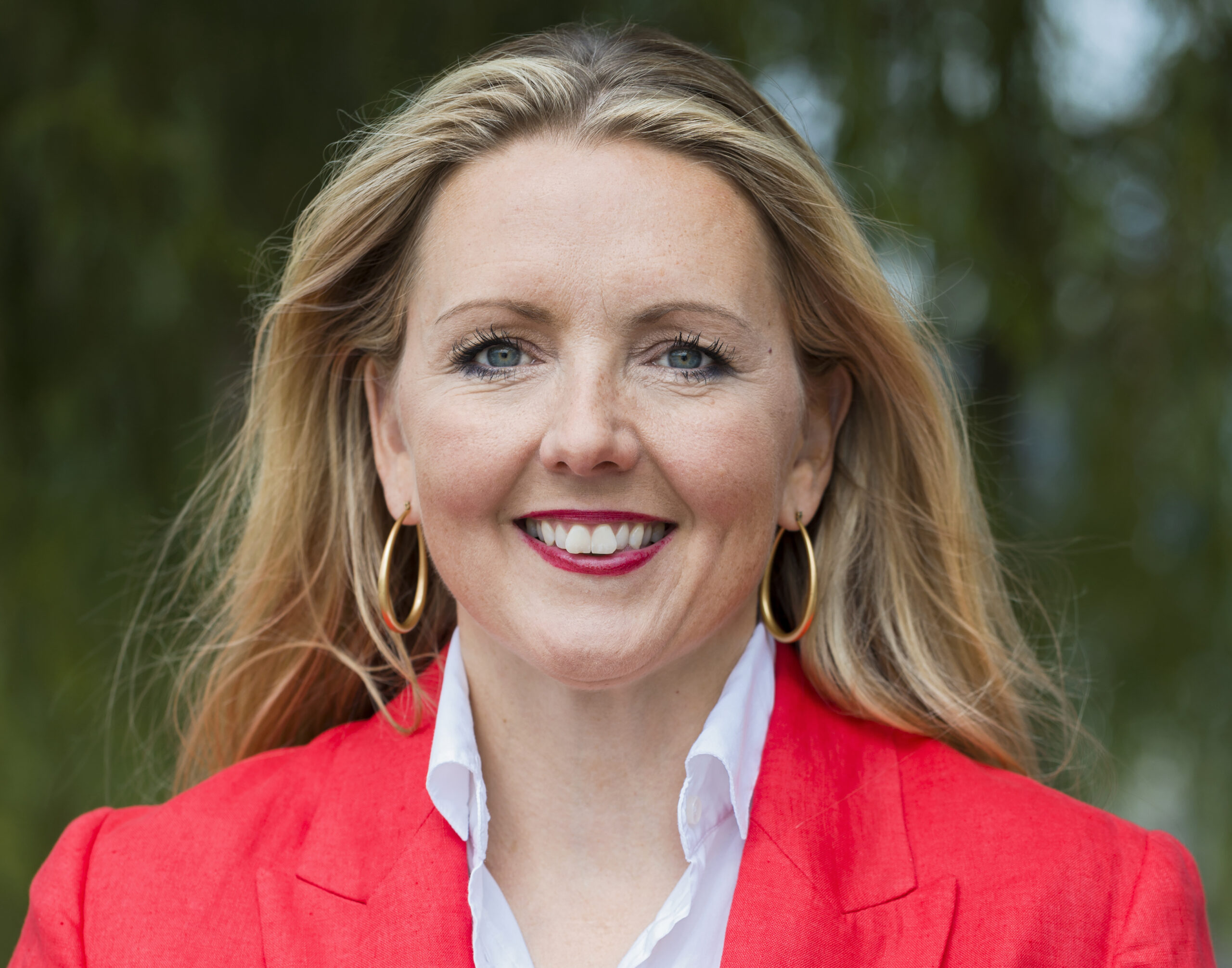End Ecocide Belgium and the ERC Curiae Virides Research Project of the Brussels School of Governance (VUB) aim at shedding light on the main implications of recognizing ecocide as a crime against humanity from an interdisciplanry perspective. The webinar will assess in particular how ecocide is progressively reaching the agenda of policymakers in Belgium and in the EU and how more and more countries express their support for the inclusion of ecocide in the Rome Statute.
This seminar will take place in a digital format, please register here to attend.
Programme
Chair : Siel Hoornaert, Student in cognitive neuroscience at the University of Amsterdam and volunteer for End Ecocide Belgium.
16:30 “Ecocide, a new crime against humanity defined”
Kate Mackintosh, Executive Director of Promise Institute for Human Rights, UCLA Law School and co-deputy chair of the Independent Expert Panel for the Definition of Ecocide
16:50 “Conceptualizing the roots of ecocide: Anthropocentric, biocultural and ecocentric views on the protection of ecosystems”
Liliana Lizarazo Rodriguez, Research professor at the Brussels School of Governance, Vrije Universiteit Brussel, and principal investigator of the ERC Curiae Virides project
17:05 “How does a crime of ecocide fit in with corporate liability for environmental risks, due diligence and business sustainability efforts?”
Alec Van Vaerenbergh, Legal adviser with DLA Piper on energy, environment and administrative/regulatory law and ESG reporting.
17:20 “Ecocide law: Opportunities for business”
Jonas Roupé, Co-founder of Ecocide Law Alliance and former head of strategy and business development at several large international companies, and international corporate advisor and expert in circular economy.
17:35 Q&A moderated by Xavier Farré Fabregat, PhD researcher at the ERC Curiae Virides Research Project, Brussels School of Govenance (VUB)
Organised by


